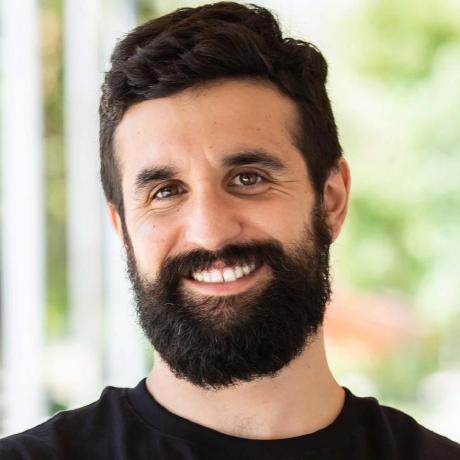People
Faculty
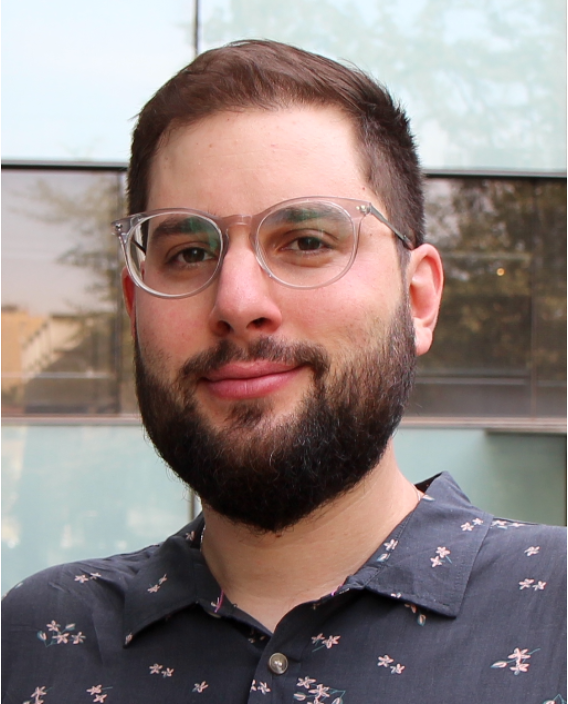
Andrés Abeliuk
Andrés Abeliuk is an assistant professor at the Department of Computer Science at the University of Chile and a researcher at the National Center for Artificial Intelligence (CENIA). His research studies the relationship between algorithms and humans in social computing systems, applying machine learning models, optimization, game theory, and online experiments to drive collective behavior toward more efficient social outcomes. In 2016, he received his Ph.D. in computer science from the University of Melbourne, Australia. His thesis was on the optimality and predictability of socially influenced online markets.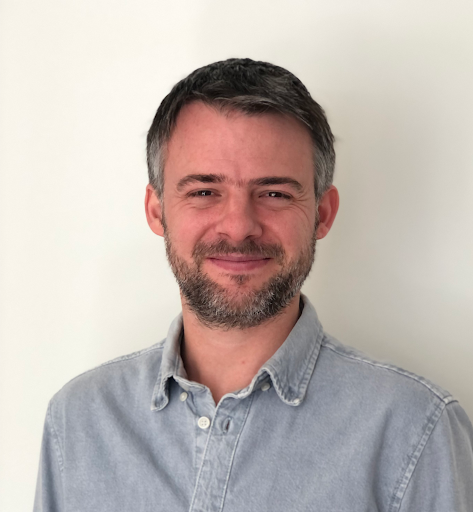
Pablo Beytía
Pablo Beytía is a lecturer of digital methods for social research at the Institute of Sociology of the Catholic University of Chile and a Ph.D. candidate in the Department of Social Sciences at the Humboldt University of Berlin. He is also a research fellow at the Weizenbaum Institute for the Networked Society (Germany) and director of the social analytics platform Monitor Social (www.monitorsocial.cl). His doctoral research focuses on how Wikipedia frames information about humans by creating biographies that establish content inequalities favoring specific social groups. Pablo’s research interests include digital discourse, open knowledge, platform power, digital social memory, and artificial intelligence for social data reporting.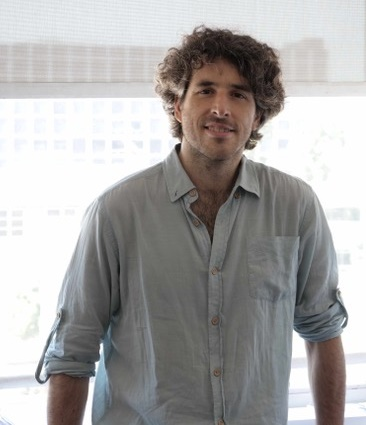
Juan Reutter
Juan is an associate professor at the Department of Computer Science and the institute for Mathematical Engineering and Computing of Pontificia Universidad Católica de Chile, and is the deputy director of the Institute for Foundational Research on Data (IMFD). His research interest has to do with mathematical foundations of data management, web data and data science. Juan received his PhD at the University of Edinburgh in 2013, and his thesis was awarded the BCS distinguished dissertation award. Juan's work has been also recognized with the Cor Baayen Young Researcher Award, and best paper awards at PODS 2011, ISWC 2019 and an outstanding paper award at ICLR 2022.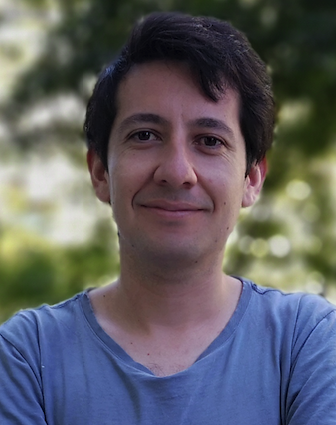
Hernán Sarmiento
Hernán Sarmiento is a postdoctoral researcher at Millennium Institute for Foundational Research on Data (IMFD). He is finishing his Ph.D. in Computer Science at the Department of Computer Science at the University of Chile. His interests include social network analysis using data mining and machine learning approaches applied to several topics, such as crisis informatics, polarization, and disinformation.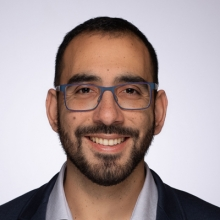
Pedro Seguel
Pedro Seguel is a Ph.D. candidate and lecturer in Management of Information Systems at McGill University. His research combines computational social sciences (i.e., NLP) and qualitative methodologies to study the diffusion of new technological practices. His thesis focuses on how institutional pressures -expressed in discourse dynamics- can explain changes in digital innovation and IT workforce. Additionally, He is interested in the broader impacts of emerging technologies, including projects in fairness and accountability in AI Systems and the institutionalization of carbon-aware computing.Speakers
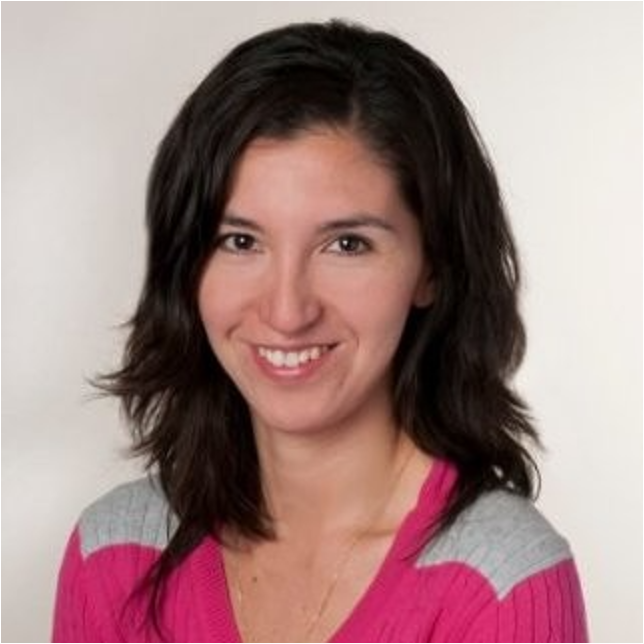
Claudia López Moncada
Claudia's research and teaching activities focus on human-centered computing. Her projects concentrate on two broad lines: social computing and human-centered artificial intelligence. She is the co-director of the user-experience (UX) Lab at UTFSM, Chile. Also, she is an associate researcher at the National Center of Artificial Intelligence (CENIA) and a principal researcher at the Millennium Nucleus Futures of Artificial Intelligence Research (FAIR). Currently, she serves as general co-chair of CSCW'24 and as a member of the Steering Committee of ChileWiC. She has a Ph. D. in Information Sciences and Technology from the University of Pittsburgh, USA.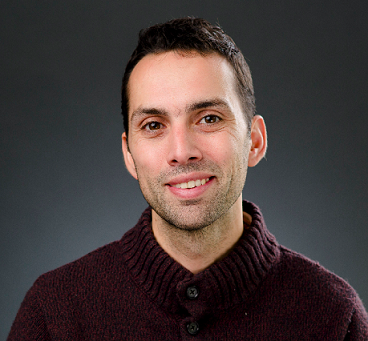
Felipe Bravo-Márquez
Felipe Bravo-Marquez is Assistant Professor with the Department of Computer Science at the University of Chile, Associate Researcher at the National Center for Artificial Intelligence Research (CENIA) , and Young Researcher at Millennium Institute for Foundational Research on Data (IMFD). He conducted his PhD degree in the Machine Learning Group at the University of Waikato, New Zealand, where he also held a research fellow position for two years. He currently holds an Honorary Research Associate position with this group. Previously, he received two engineering degrees in the fields of computer science and industrial engineering, and a masters degree in computer science, all from the University of Chile. His research interests and expertise lie in the acquisition of knowledge and information from natural language, spanning the overlapping fields of natural language processing (NLP), machine learning (ML), artificial intelligence (AI), and information retrieval (IR). During his research career he has developed several NLP and ML methods for the analysis of opinions and emotions in social media, as well as other applications focused on fairness, health, education, among others. His work has been published in top tier AI conferences and journals e.g., IJCAI, ICWSM, SIGIR, EACL, COLING, ECAI, JMLR, Knowledge-based Systems. He has been part of the program committees of important conferences in natural language processing and artificial intelligence, including ACL, AAAI, EMNLP, NAACL, IJCAI, and ECAI.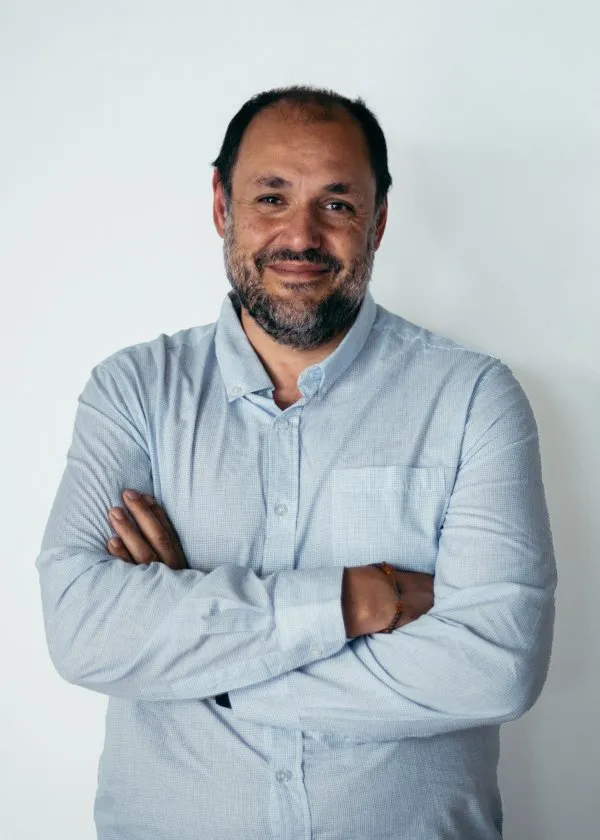
Juan Pablo Luna
Investigador Asociado VioDemos. Profesor titular de la Escuela de Gobierno de la Pontificia Universidad Católica de Chile. Participa en el Instituto Milenio Fundamento de los Datos, en el Instituto Milenio para la Investigación en Violencia y Democracia y en el Centro de Ecología Aplicada y Sustentabilidad. Actualmente es investigador responsable del proyecto FONDECYT “Unequal Democracies in Weak(er) States. Assesing Latin America’s Development Trap” (2023-2026) y en 2023 recibió la beca The Harry Frank Guggenheim Foundation para desarrollar la investigación “Organized Crime, State Crises, and the Consolidation of Violent Democracies”. Doctor en Ciencia Política de la University of North Carolina at Chapel Hill. Sus principales intereses de investigación son crimen organizado, representación política,sistemas de partido, capacidad del Estado y el desarrollo de metodologías que combinan ciencia social computacional con análisis cualitativo clásico (thick data).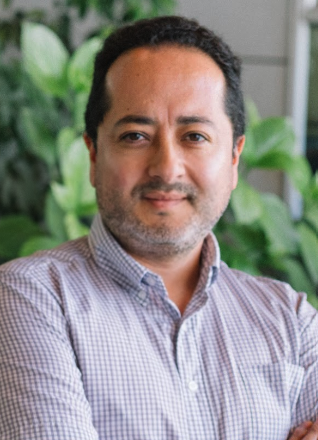
Marcelo Mendoza
Marcelo Mendoza received his master's degree in informatics from the Federico Santa María Technical University, Chile, and his Ph.D. in computer science from the University of Chile. He held a postdoctoral position at Yahoo Research. He is currently a professor in the Department of Computer Science at the Pontifical Catholic University of Chile. He is a founder and former President of the Chilean Association for Pattern Recognition. He is currently principal researcher at the National Center for Artificial Intelligence and Associate Researcher at the Millennium Institute for Foundational Research on Data. His research has addressed the relationship between the stance of Twitter users and the veracity of their messages, the design and implementation of automated predictive model for fake news, the possibilities and limitations of sentiment analysis models on social networks, the relationships between opinion dynamics and political election outcomes, analysis of television media bias using NLP, the predictive power of reactions from Twitter users to infer earthquake damage levels, the use of the transformer architecture's self-attention mechanisms for stance classification, the develop of bot detection methods based on network features, and the predictive capacities of graph neural networks to anticipate controversy in social media conversation threads.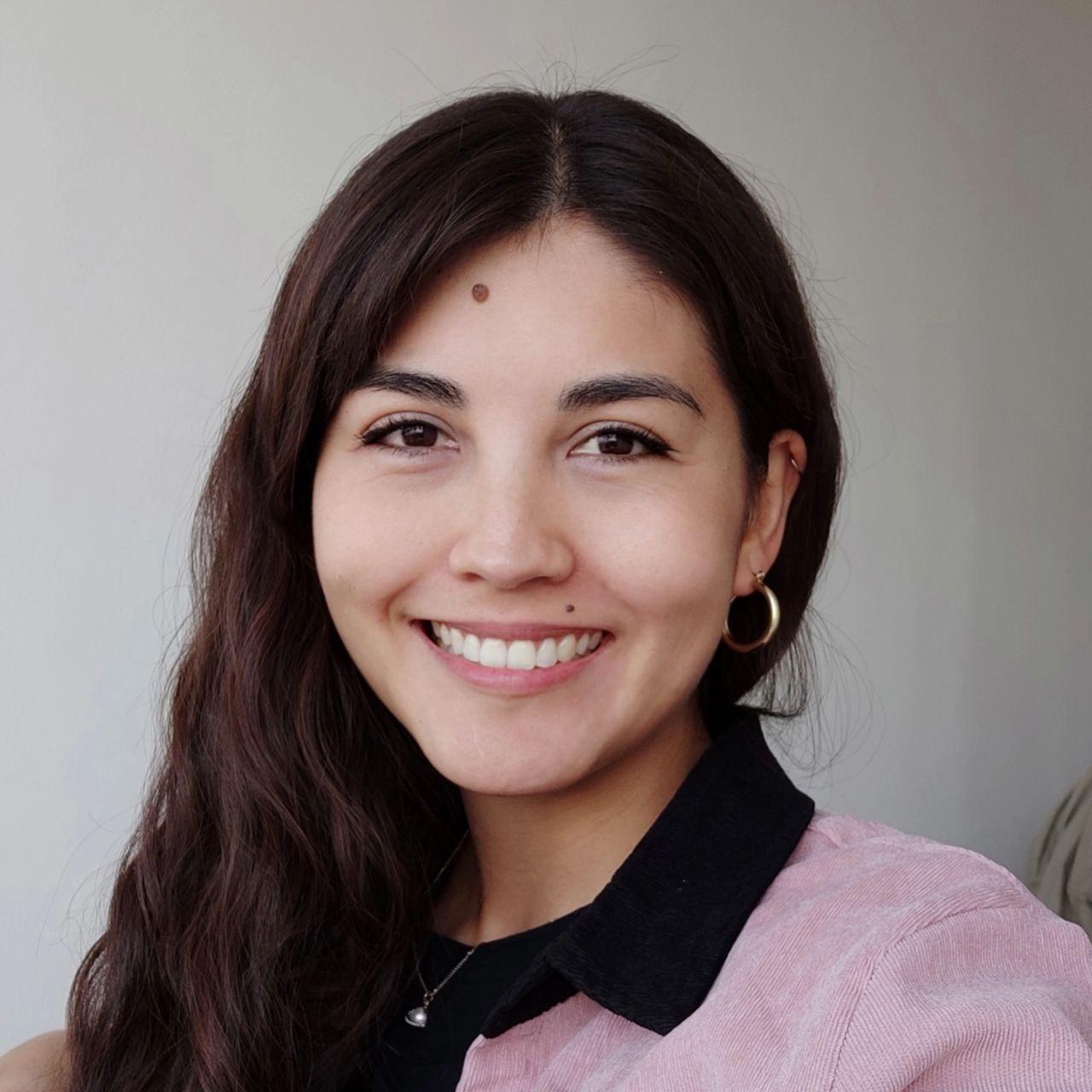
Jazmine Maldonado
Jazmine Maldonado is the Chief Executive of the Innovation and Technology Transfer Direction at the Millenium Institute Foundational Research on Data. She holds a Master's degree in Computer Science from the University of Chile, where her research areas of interest focused on Information Retrieval, Data Mining, and Data Visualization. Currently, she is dedicated to management and agile methodologies applied to data science projects. Jazmine is also a co-founder of an NGO called Niñas Pro, which aims to empower girls through teaching them to code.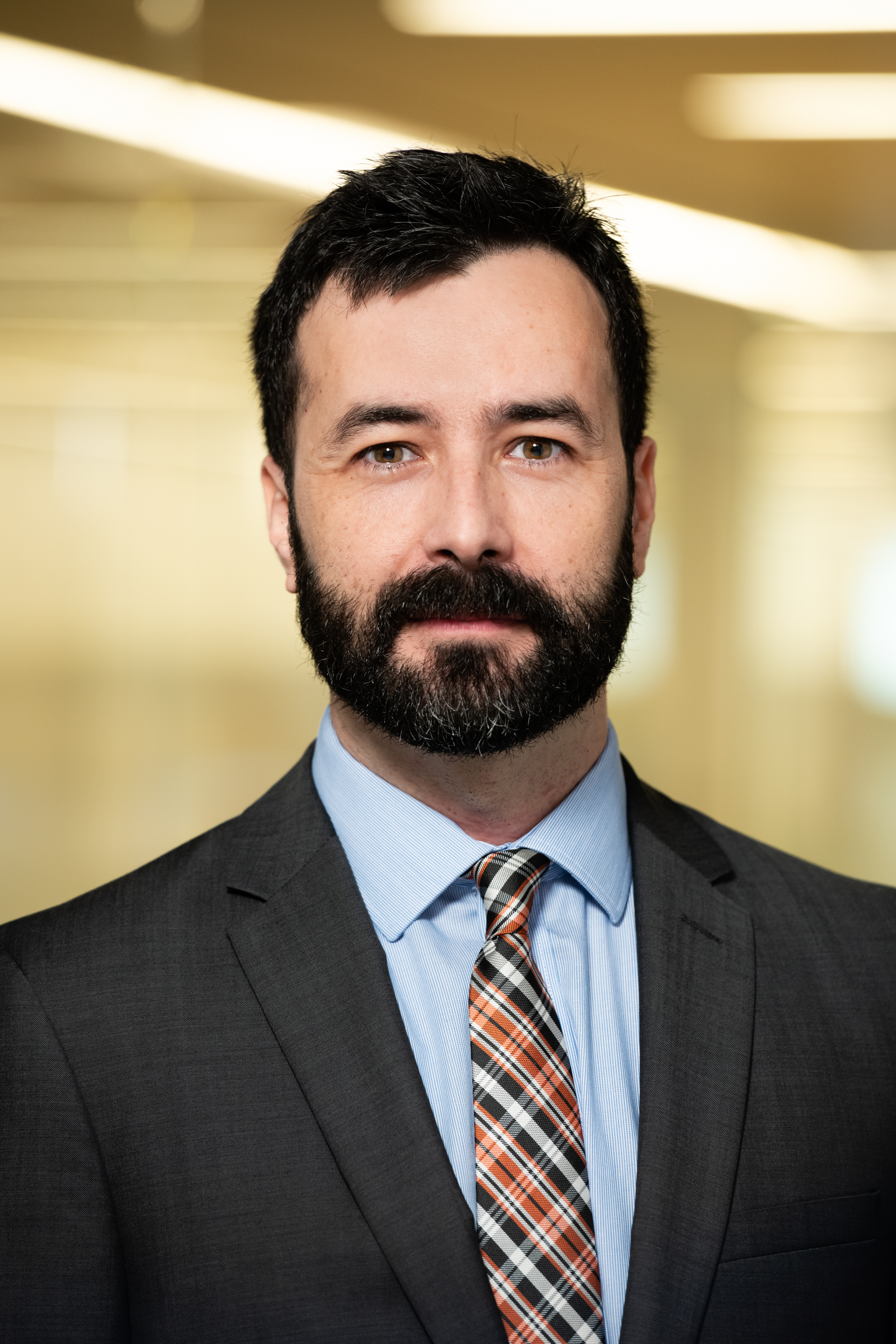
Gonzalo Rivero
Gonzalo Rivero is the associate director of Data Labs at Pew Research Center. He is an expert in social research methodology with a focus on computational social science and reproducibility. In his research, Rivero studies public opinion, political behavior, and political representation particularly in the context of digital politics. Prior to joining Pew Research Center in 2021, Rivero worked as statistician and data scientist at the Statistics and Evaluation Sciences Unit of Westat and at the Scientific Research Group of YouGov. He holds a doctorate in Politics from New York University. He is most recently the co-author of Retooling Politics: How Digital Media are Shaping Democracy, published by Cambridge University Press in 2020.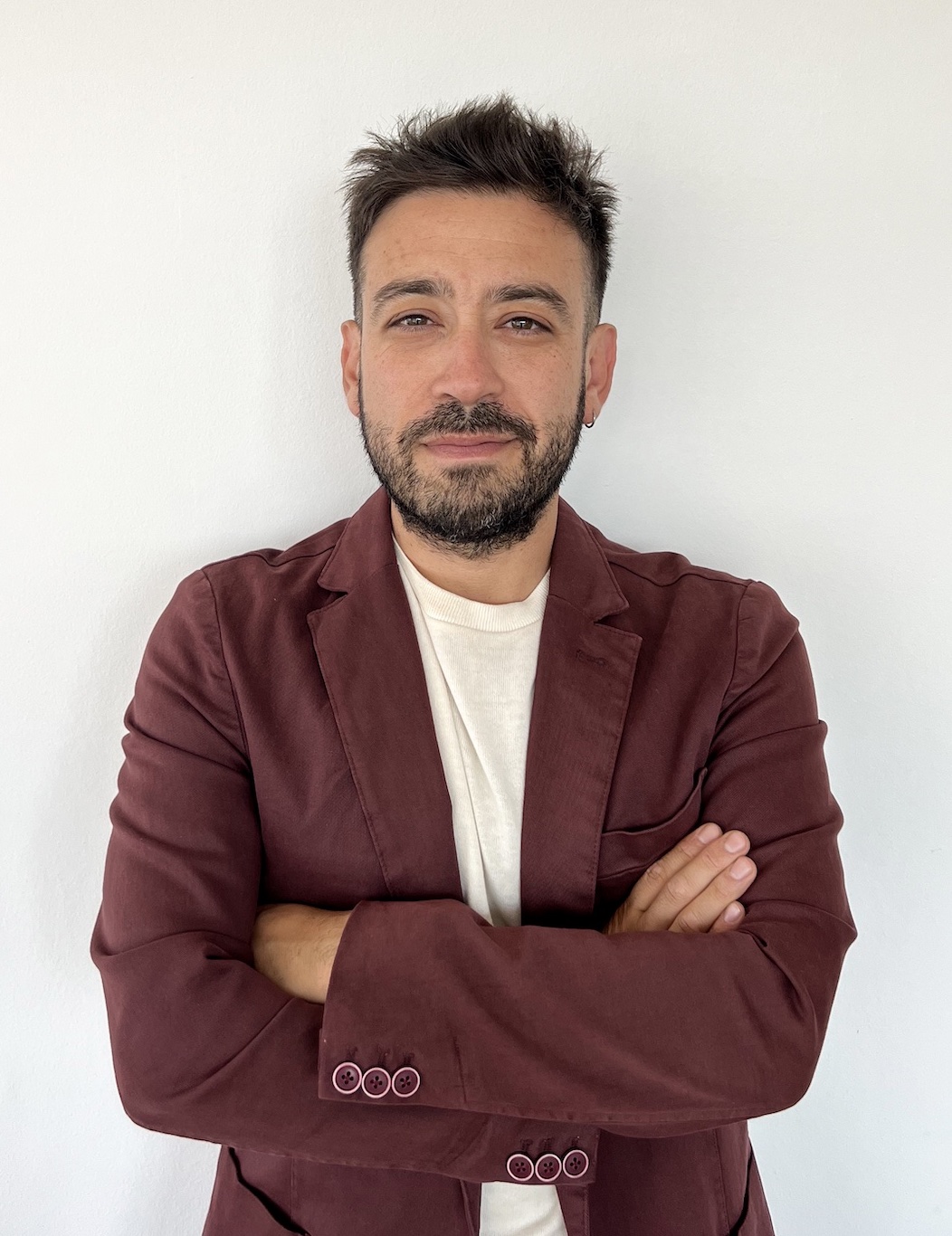
Mauricio Bucca
Mauricio is an Assistant Professor in Sociology at the Universidad Católica de Chile. Previously, he was a Max Weber Postdoctoral Fellow at the European University Institute and earned a Ph.D. in Sociology at Cornell University. He studies labor market inequalities, intergenerational mobility and beliefs about inequality using a combination of statistical modeling, empirical strategies for causal inference, and experimental and computational methods. His work has been published in academic journals such as Science Advances, Sociological Methods and Research, RSF: The Russell Sage Foundation Journal of the Social Sciences, and Research in Social Stratification and Mobility, and covered by popular media outlets such and the New York Times, Washington Post, New Scientist, Science Daily, among others.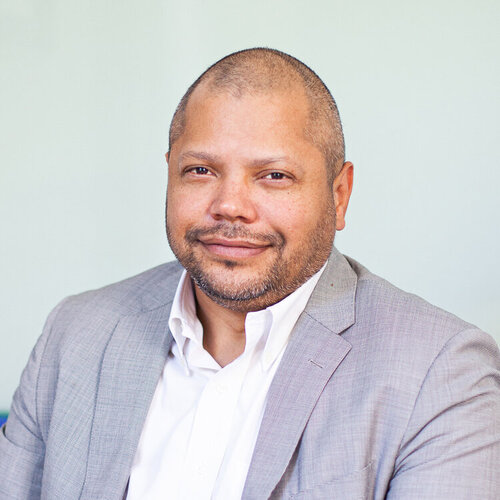
Antonio Diaz Araujo
Antonio will be part of a Panel on Chilean industry experience in computational social science applications. He is an Industrial Civil Engineer from the University of Chile, Partner and General Manager of Unholster, Founder of Decide Chile, entrepreneur, director of companies, and startup investor. He has over 20 years of experience in Big Data, optimization, data mining, and optimization technologies for large volumes of data.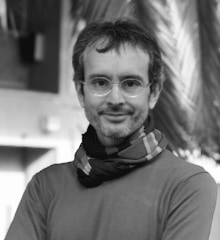
Cristián Ayala
Cristián will be part of a Panel on Chilean industry experience in computational social science applications. Cristián is an Industrial Civil Engineer and Master in Sociology from the Pontificia Universidad Católica de Chile. He is the Director of DESUC and has extensive experience leading multidisciplinary teams in studies linked to the public and private sectors, with various methodologies and analysis techniques. He has specialized in designing and surveying complex quantitative studies and the application of studies through digital platforms.Teaching Assistants
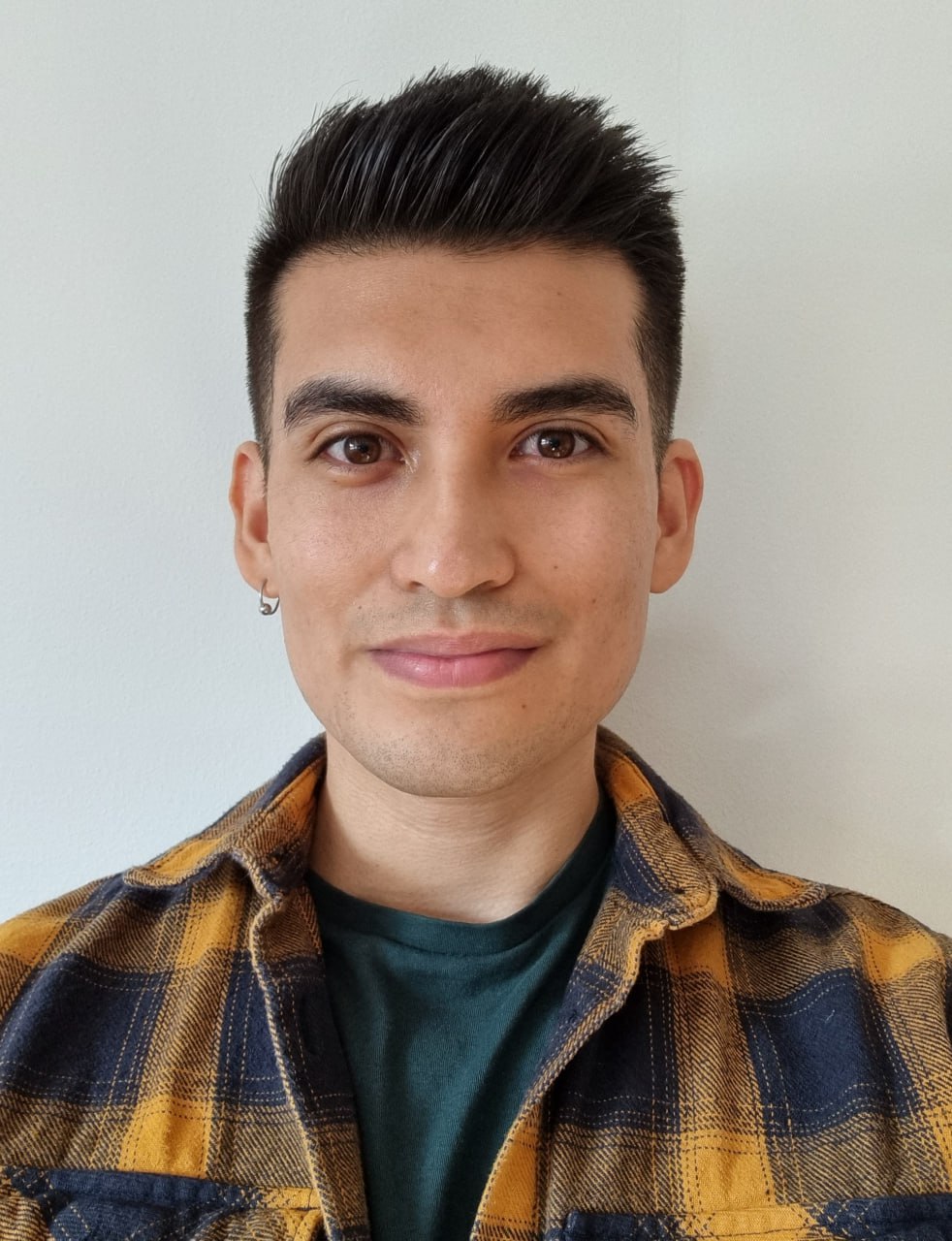
Sebastián Ferrada
Sebastián was a postdoctoral researcher at Linköping University. His research interests include Graph and Multimedia Databases, and Federated Heterogeneous Data Management. He obtained his PhD from Universidad de Chile in 2021.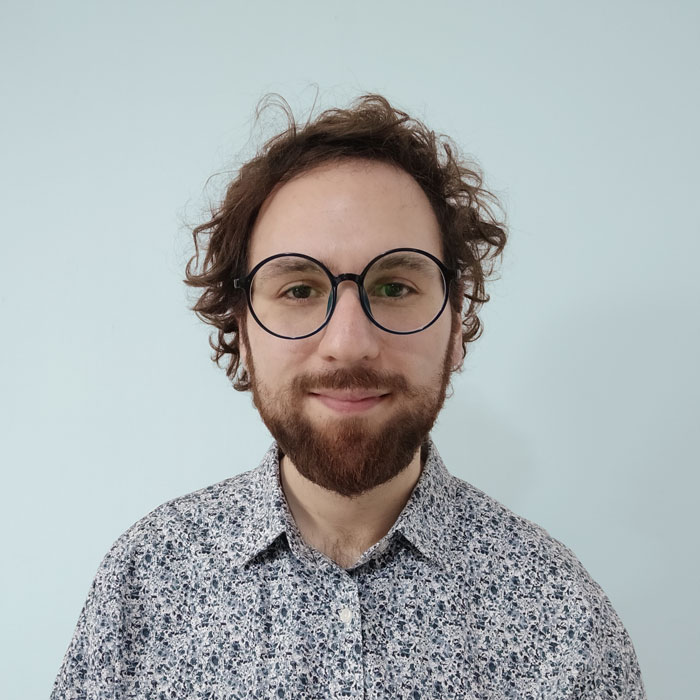
Jorge Ortiz
I am finishing a Master's program in Computer Science at the University of Chile and I have a Bachelor's degree in Linguistics from Catholic University of Chile. I am excited to continue growing my skills and making a positive impact as a data scientist.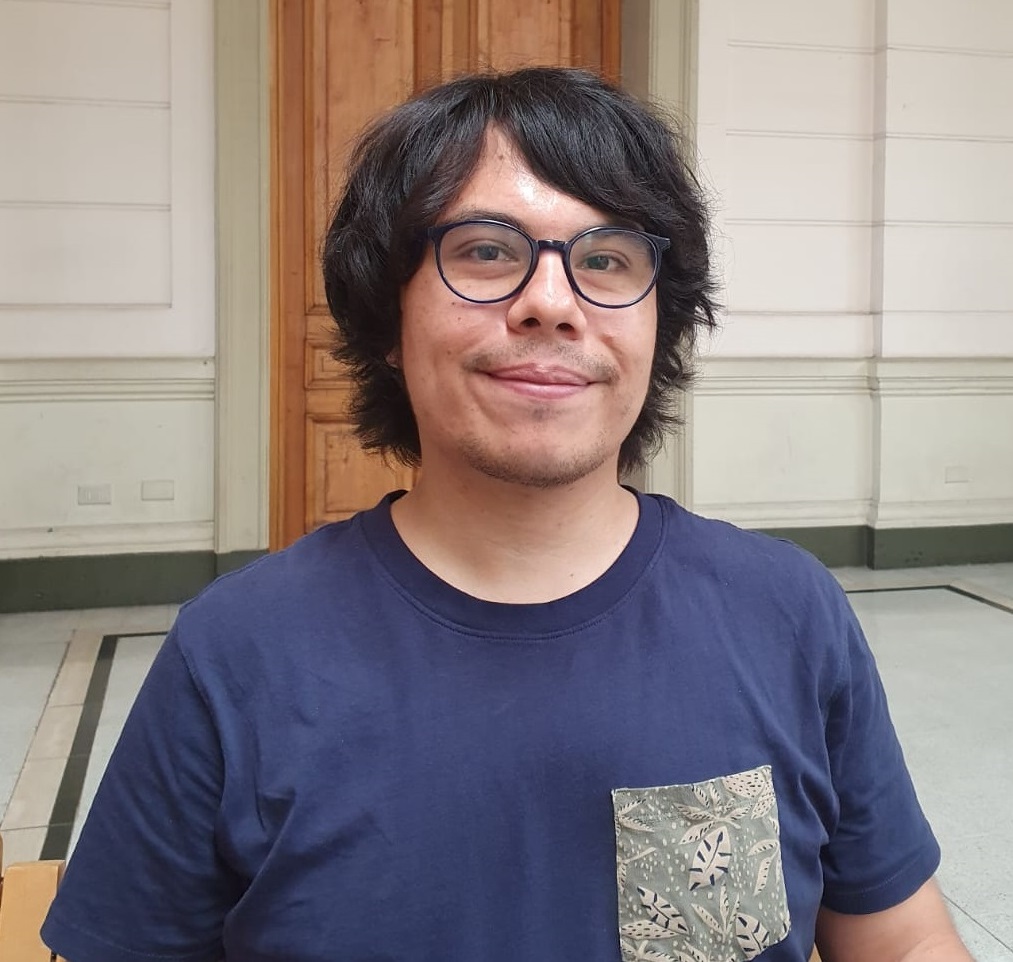
Gabriel Iturra
I am Gabriel. I am currently working on my master’s thesis on Incremental Text Representation under the supervision of Felipe Bravo-Márquez at the University of Chile. I am a member of the ReLeLa research group at DCC UChile, and my research interests include Incremental Learning, Natural Language Processing, and Streaming Data. Besides research, I really enjoy teaching. In my spare time, I enjoy doing exercises and learning new things from books and videos. I specialize in extracting knowledge and information from unstructured data, focusing on natural language text and streaming learning. My research interests encompass several interrelated fields in this domain: Natural Language Processing, Data Stream Mining, Machine Learning, and Artificial Intelligence.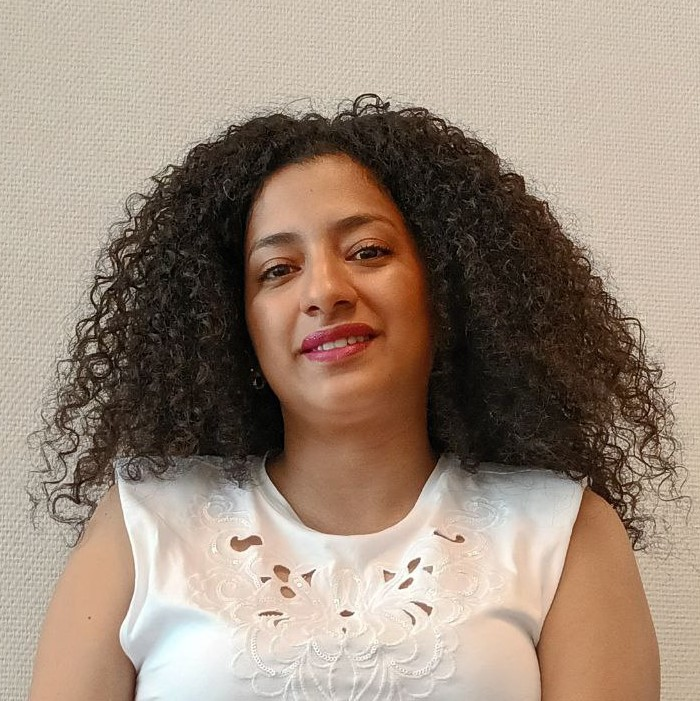
Cinthia Sánchez
Cinthia Sánchez is a PhD Candidate in Computing at the Computer Science Department (DCC) of the University of Chile. She holds a Master's degree in Computer Science (University of Chile) and a degree in Computer Engineering (Agricultural Polytechnic University of Manabí, Ecuador). Her research work is related to data mining, natural language processing, machine learning, and information retrieval. Cinthia participates as a Student Researcher at the Millennium Institute for Foundational Research on Data (Development of Robust Information Structures Project) and the National Center for Artificial Intelligence (Human-Centered AI line) of Chile. She is a Teaching Assistant for the Data Mining course (DCC, and Postgraduate Diploma in Data Science and Engineering), and an Instructor of Visualizations in Python course (Postgraduate Diploma in Python applied to Data Science) at the University of Chile.Participants
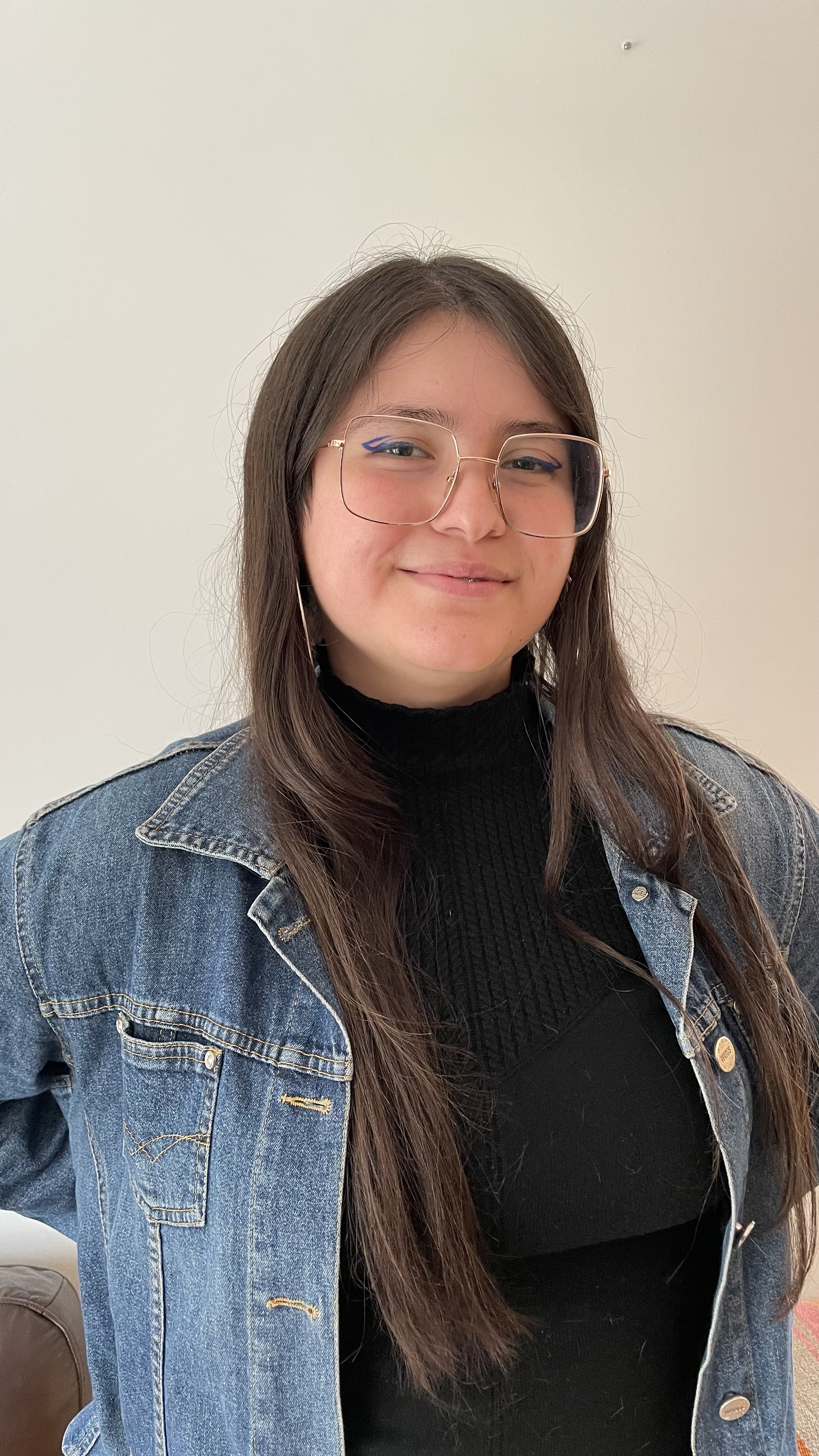
Alexandra Uribe
Alexandra Uribe is an Economist graduated from the University of Chile, currently working in a civil organization called Elige Educar. Her work focuses on teachers working in the field of school education, specifically on researching topics related to teachers' trajectory and retention, working conditions, and their first years of experience.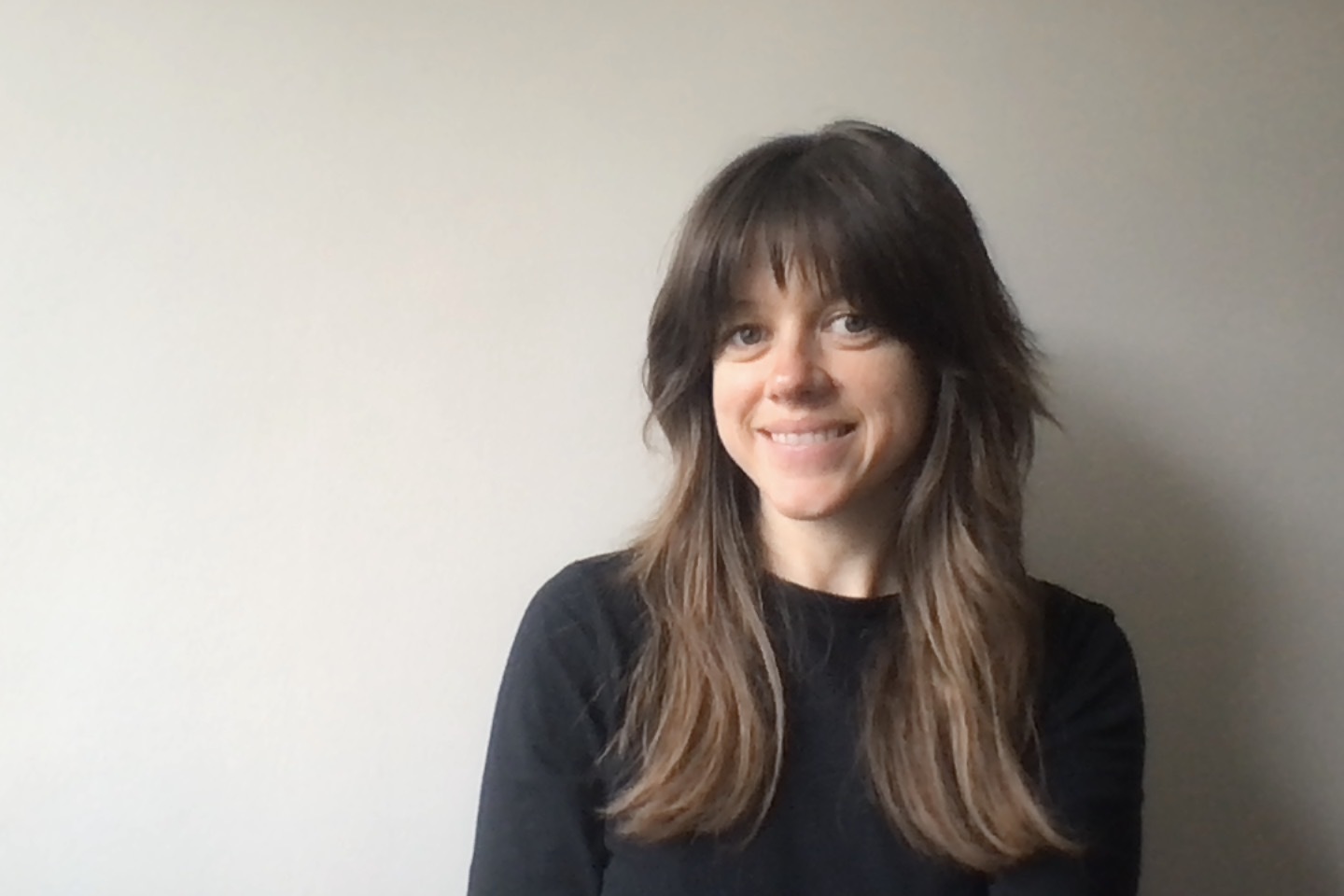
Sam Plummer
Sam Plummer is an Associate Research Scholar at the Columbia University Justice Lab where she studies punishment and inequality in the United States. She also has research interests in gender and critical social theory. She received her PhD in Sociology from the University of Pittsburgh in 2019.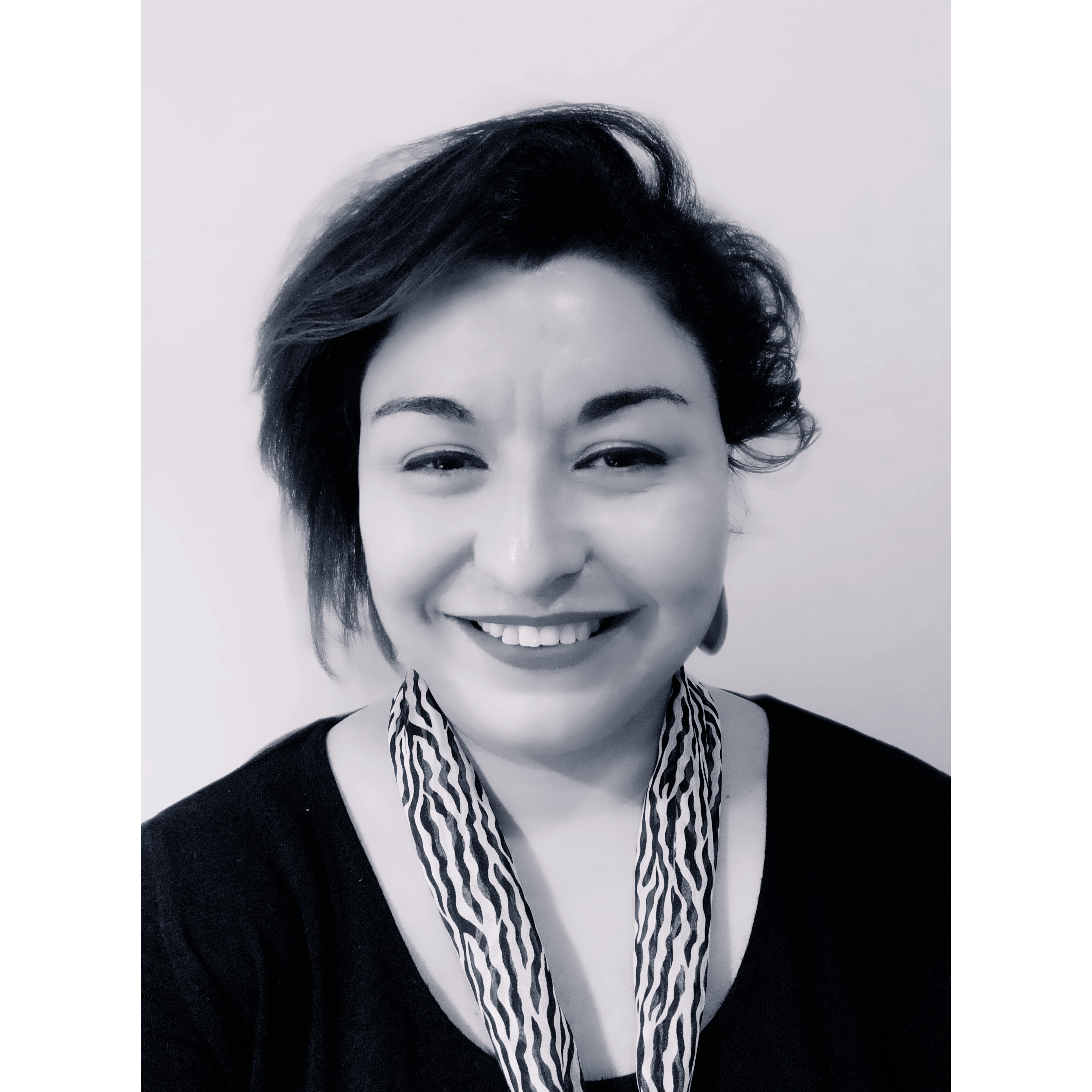
Paula Reveco
Paula Reveco is a professor of the methodological lines of research for the career in psychology and social sciences at the USACH, the UNIACC and the UDP, in Chile. She has a master's degree in statistics from the UC and a psychologist from the UChile. Her interests are equality towards women, open science, inclusion, decentralization and climate change.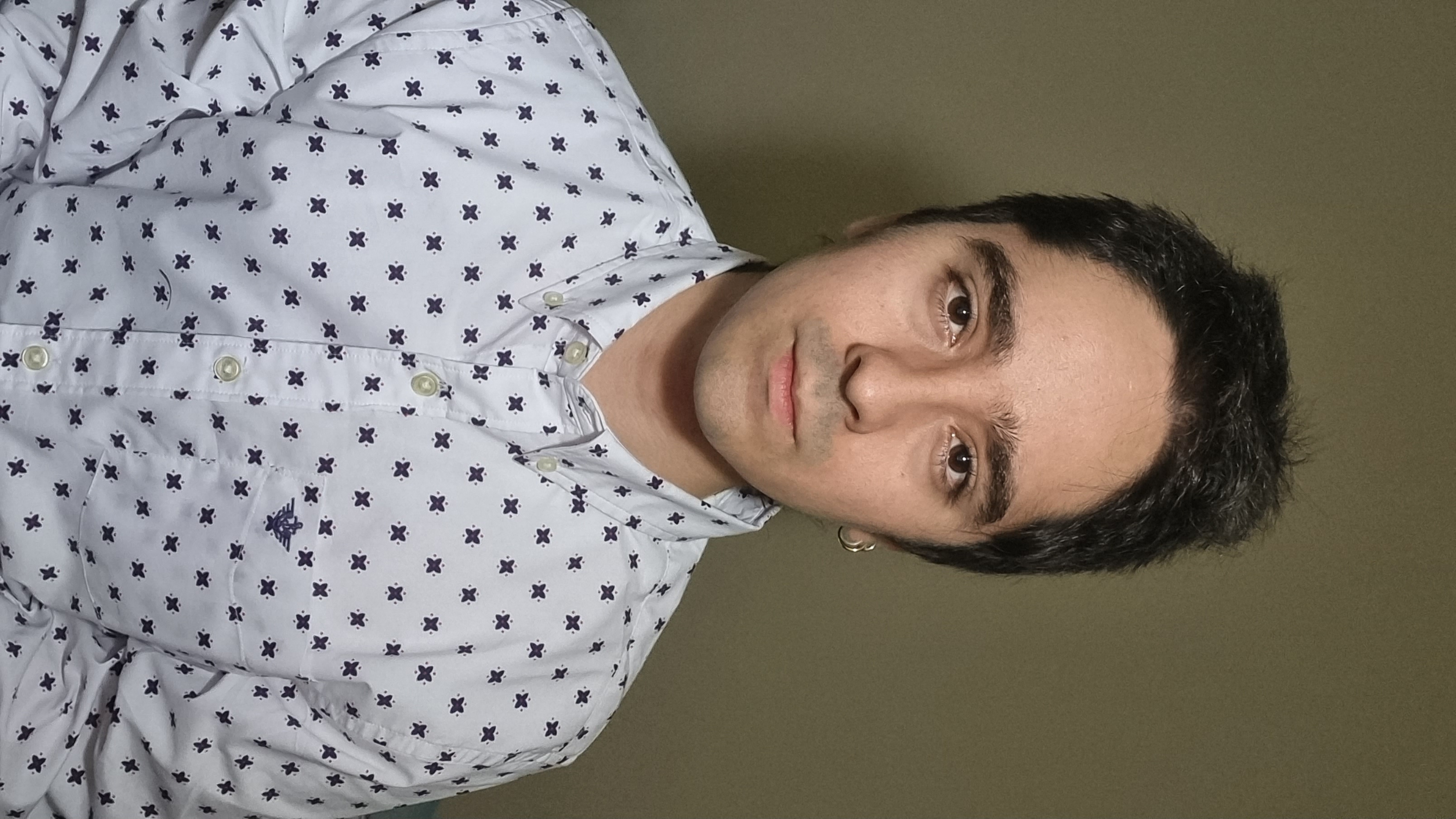
Alonso Silva Espinoza
Sociologist graduated from the University of Valparaíso, currently in the process of obtaining a Master's degree in Science, Technology & Society at the Alberto Hurtado University, with interests on the implications of the advancement of digital technology, including the use of big data for decision-making, cyberdemocracy and algorithmic governance.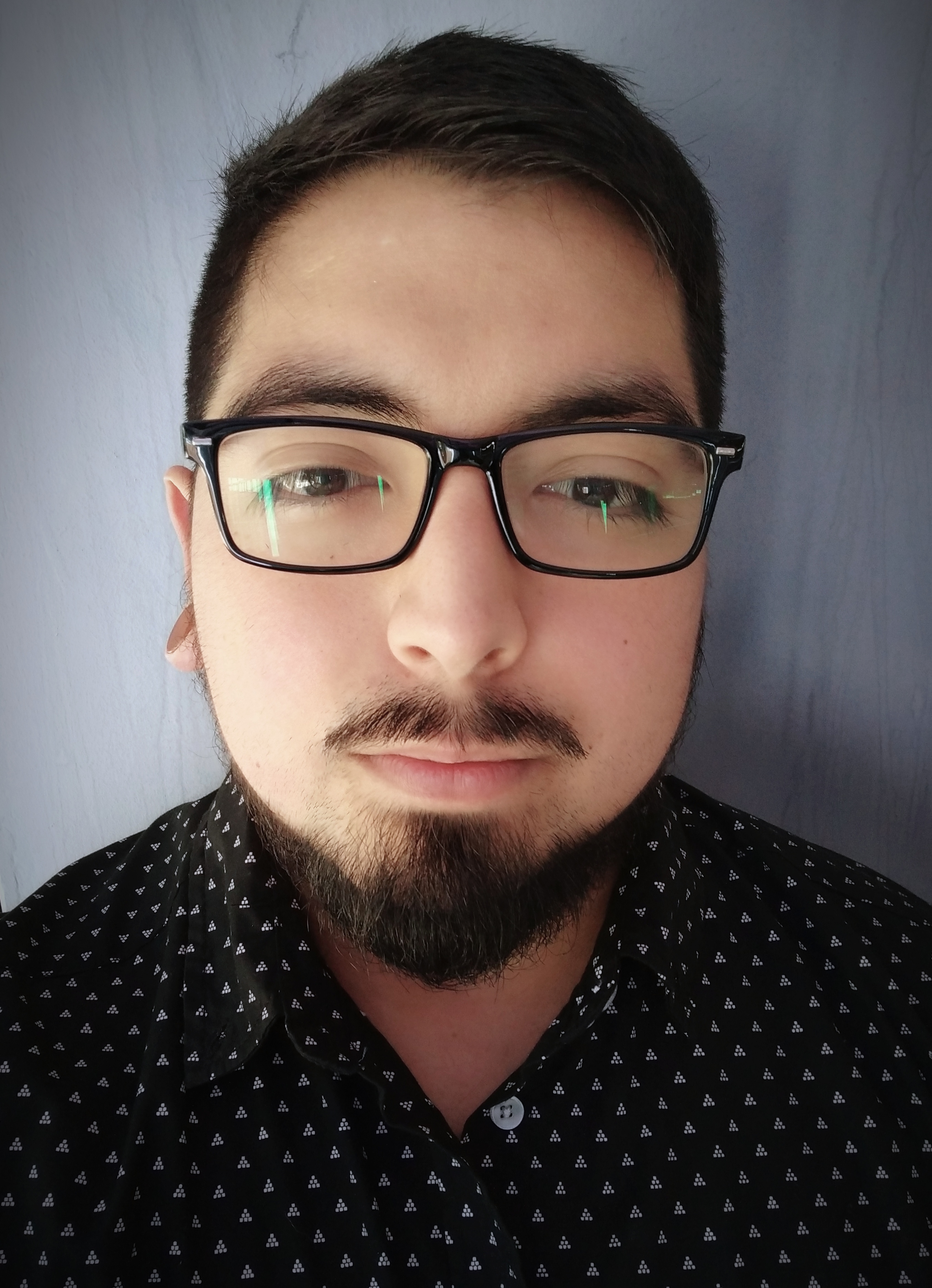
Kevin Carrasco
Kevin Carrasco is a sociologist and has a master's degree in social sciences from the University of Chile. His lines of research focus mainly on the quantitative study of social reality, addressing issues of citizenship education and meritocracy, as well as labor relations in the context of the new digital delivery platforms. All within the framework of open science.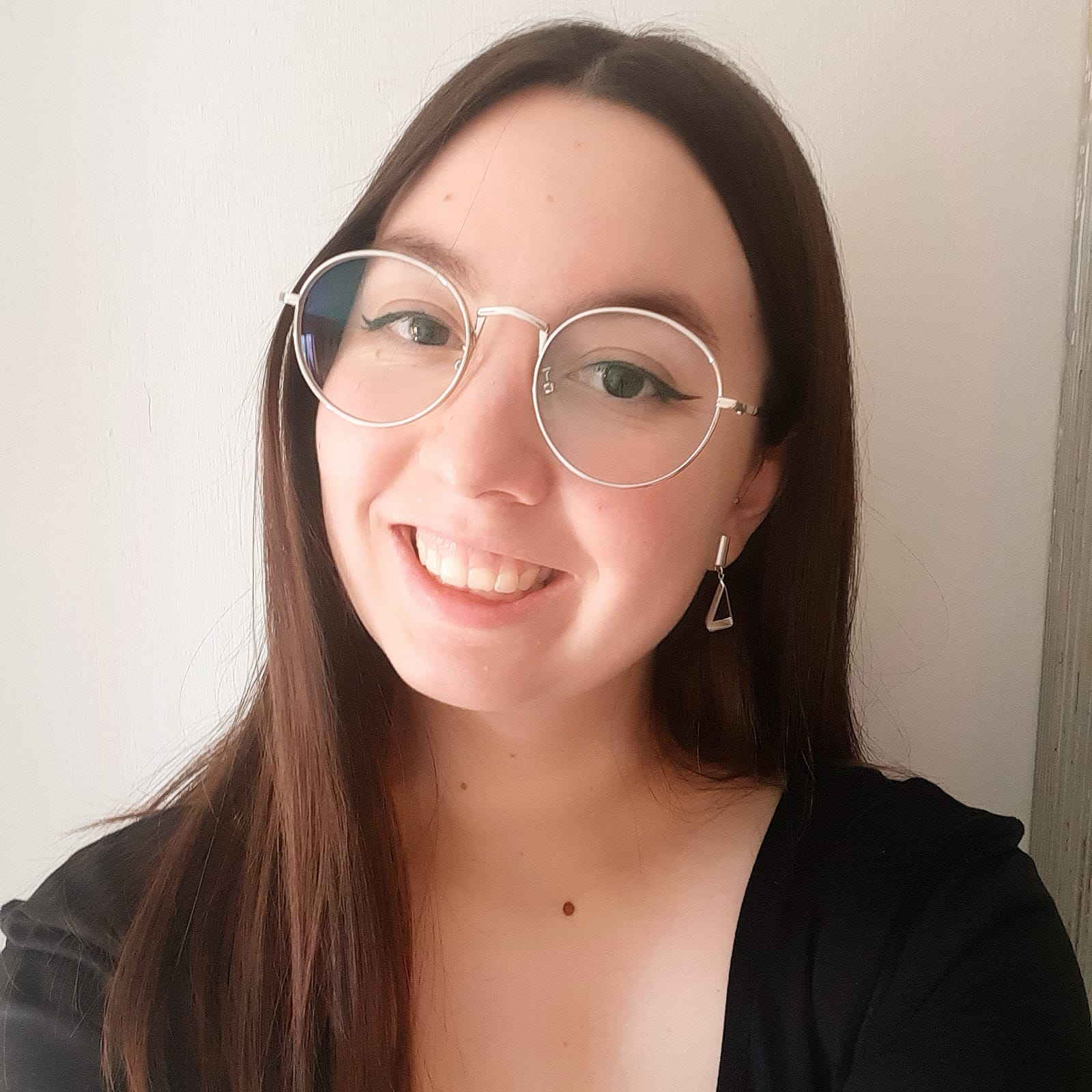
Rebeca Orellana-Parada
Rebeca is in the process of completing her Master's program in Sociology at the Pontifical Catholic University of Chile and holds a Bachelor's degree in Sociology from the University of Chile. She possesses a keen interest in public opinion studies and the dynamics of social interactions within social media, forging connections between the social sciences and computational sciences. Alongside her academic endeavors, she has dedicated herself to teaching, with a focus on both qualitative and quantitative methodologies, and has actively participated in research on social movements.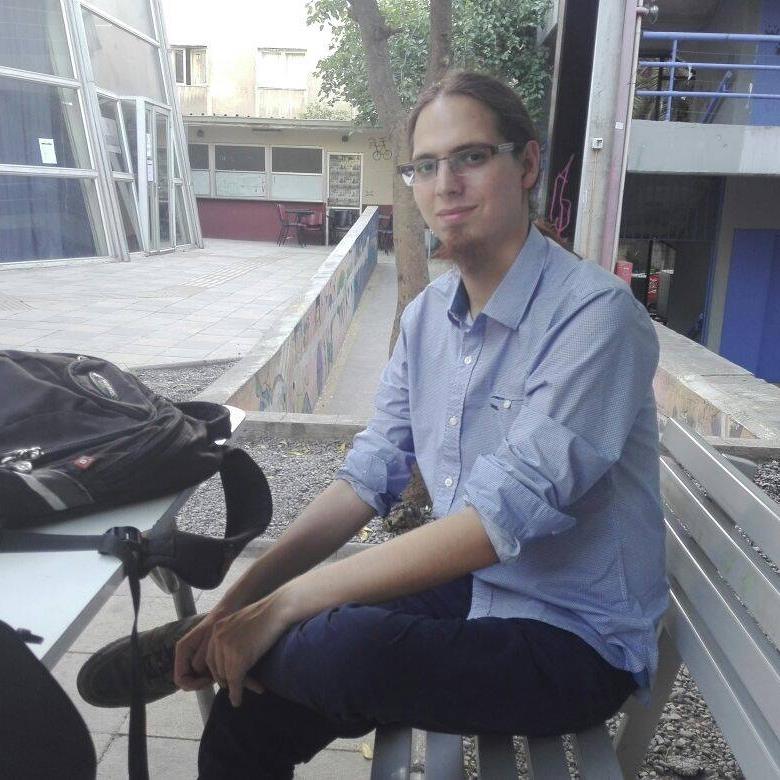
Sebastian Ascui
Sebastian is an anthropologist and a PhD Student in Sociology and Social Policy at Lingnan University, Hong Kong SAR. His main research interests are in research methods, mathematical sociology, big data techniques, applied econometrics for Public Policy, and Machine Learning.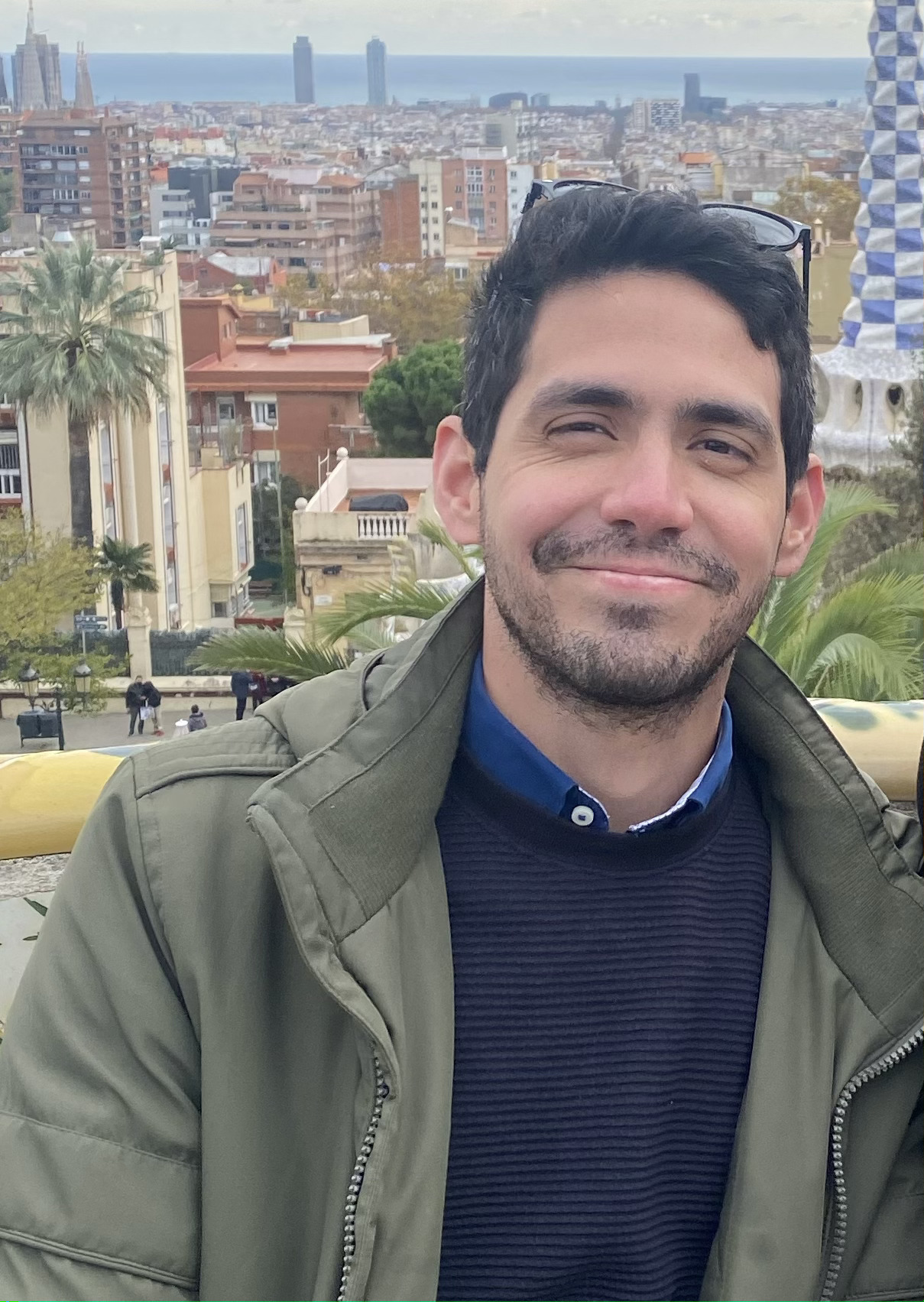
Cesar Marin Flores
Cesar Marin Flores is an Engineer and holds an MSc in Data Science. He works as a Data Scientist at the Institute of Data Science at the Universidad del Desarrollo. His research focuses on the impact of mobility on public policies. Currently, he is actively involved in a project investigating the patterns and dynamics of mobility in Santiago. By leveraging digital traces derived from telecommunications data, Cesar utilizes data-driven approaches to inform decision-making processes in this area.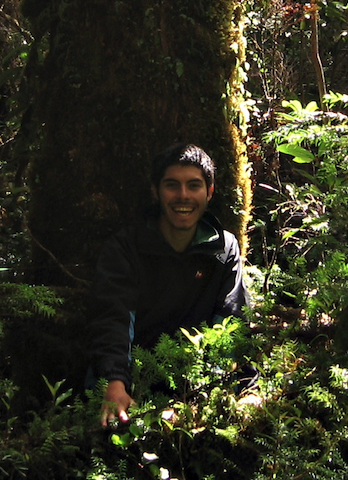
Felipe Labra
Felipe Labra is a PhD candidate at the University of Chile (Territory, Space and Society Doctoral Program). He studies digital territories and digital nature generated by grassroots social movements as seeds of transformative change. His methodology approach combines digital etnography, netnography and neogeography, using methods like data mining and online interviews for discourses analysis, social network analysis, web-based geosurveys and geospatial platforms analysis. He tries to have an interdisciplinary approach intersecting digital geographies, critical GISciences, political ecology and sustainability sciences, applied on social-ecological transformations studies.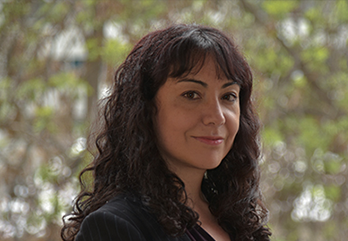
Ximena Catalán
Ximena Catalán is a postdoctoral researcher in the Faculty of Education at the Pontificia Universidad Católica de Chile and in the Millennium Nucleus Students' Experiences of Higher Education. Her research interests focus on evaluating programs and policies related to the transition to higher education from an equity perspective, utilizing a diverse range of methods. Additionally, she is insterested in diversifying the dissemination of scientific evidence to reach broader audiences, including policy makers and institutional actors.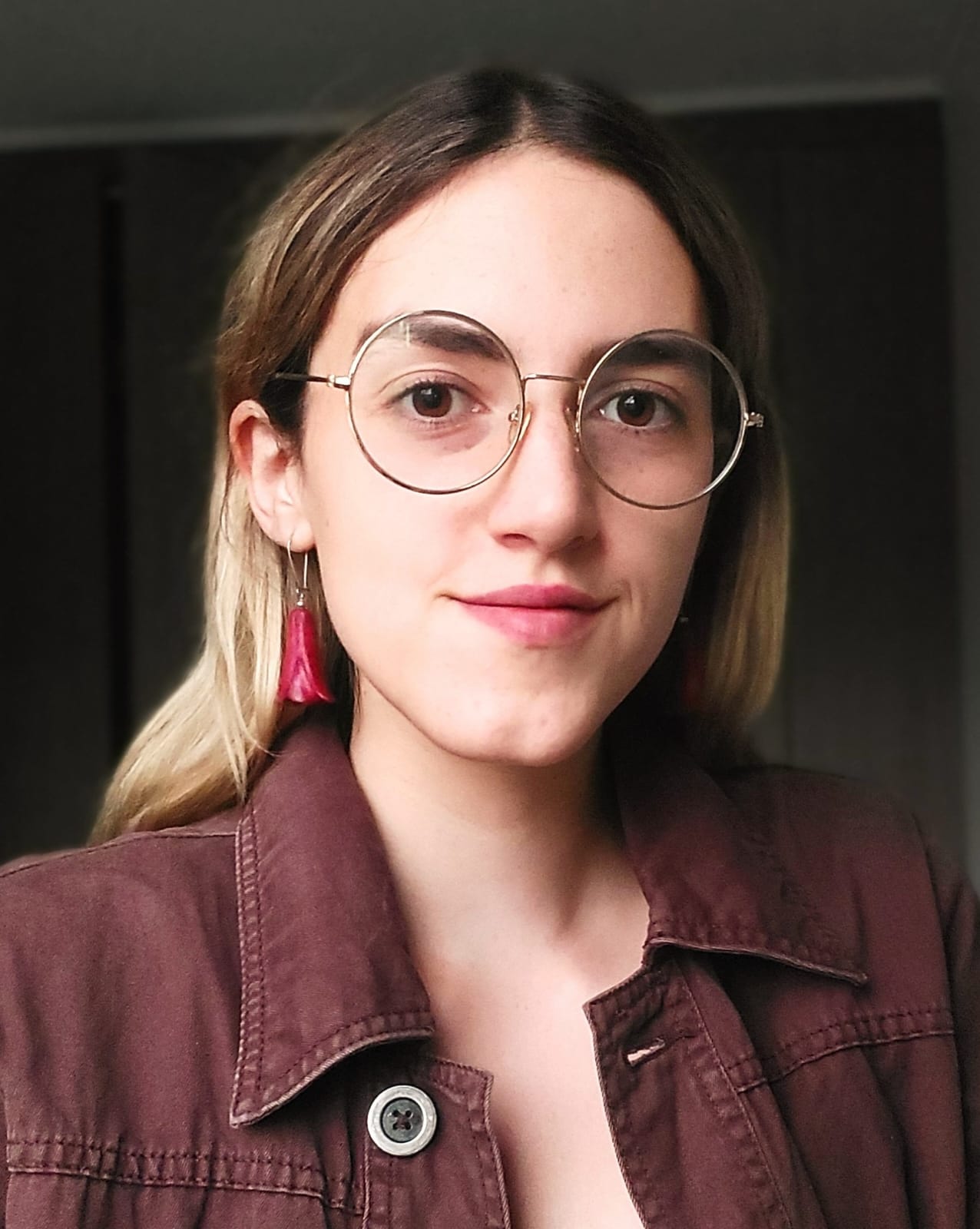
María Jesus Meléndez Berndt
Sociology thesis student in Universidad de Chile. Her undergraduate thesis studies Chilean politics through methodologies such as network analysis and semantic analysis. She has experience working as a teaching assistant in courses such as Introduction to Data Science and ¿Do science and technology have gender?.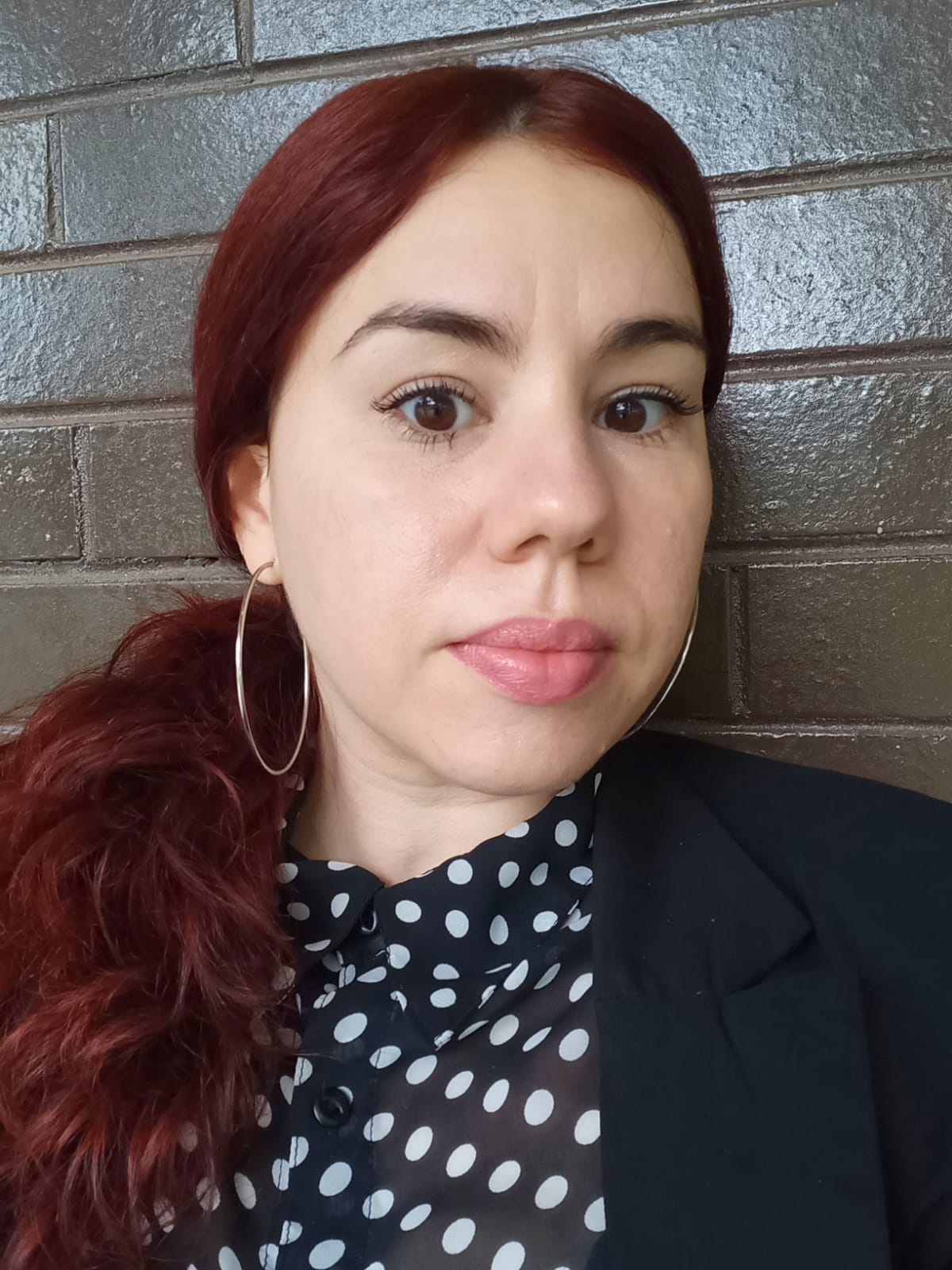
Isis Urgell
Isis Urgell is a PhD candidate at Monash University, Australia, in Philosophy of Science and Epistemology. She obtained a BA-MA in Philosophy with an orientation in Formal Logic from the University of Buenos Aires, Argentina. Her current research topic is the influence of political polarization on the evaluation of scientific content in social media. From a methodological point of view her research employs social network analysis and content analysis to understand large patterns of speech and online behaviour related to anti-science attitudes, misinformation spread and political polarization. She is also interested in how political and moral values shape science perception in social media environments. Other interests include corpus analysis and community detection methodologies.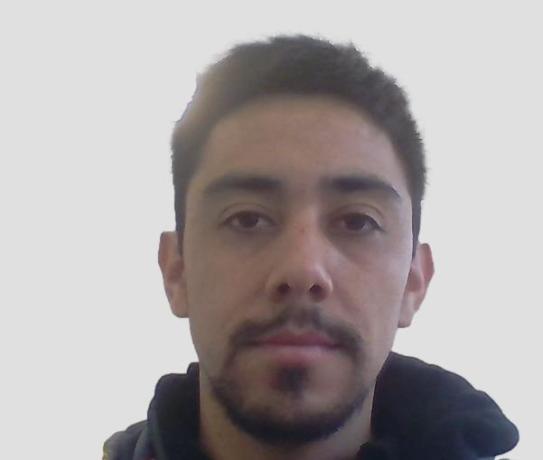
Daniel Saavedra
Daniel Saavedra is a mathematician engineer who holds a master's degree in engineering sciences from Pontificia Universidad Católica de Chile. At present, he is pursuing a Ph.D in statistics with a specific focus on machine learning, educational data analysis, and longitudinal observational studies.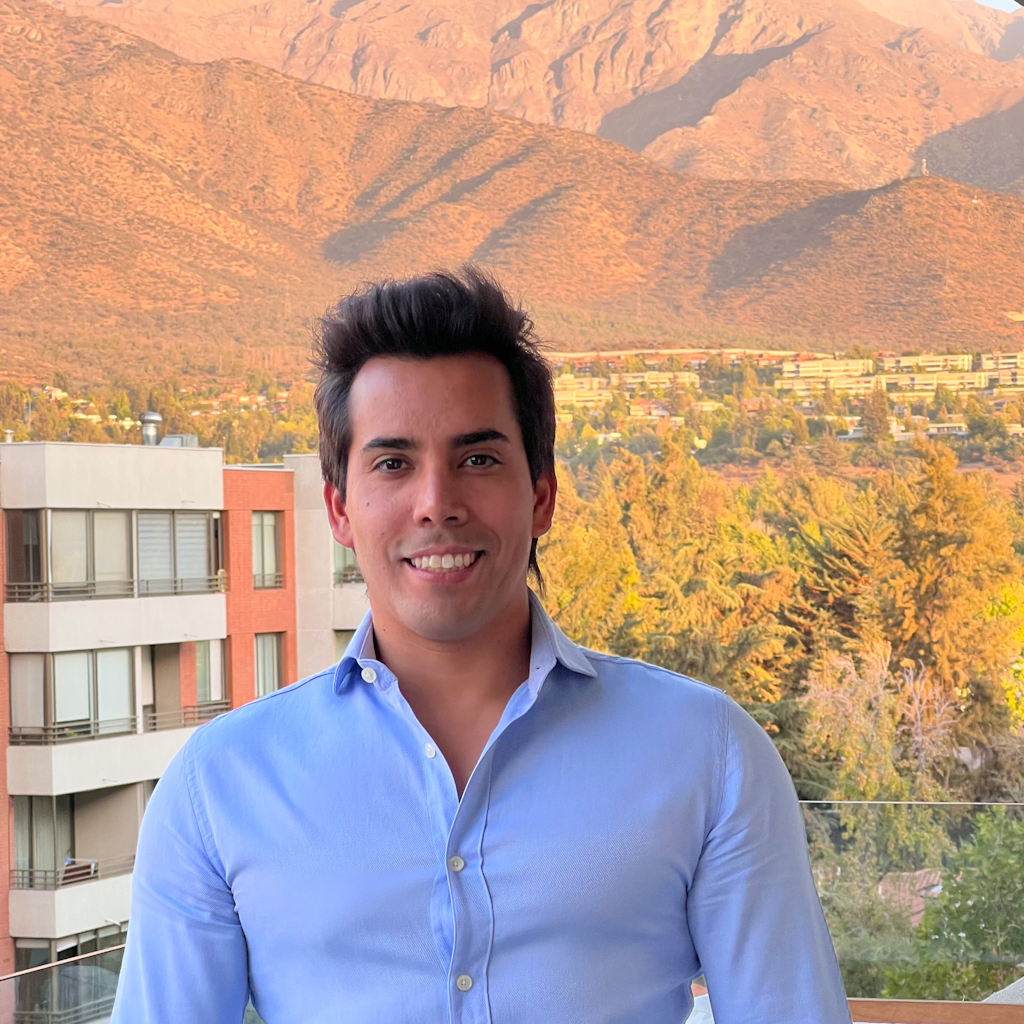
Adolfo Fuentes
Civil Industrial Engineer and Master of Science in Engineering, Universidad Diego Portales, Diploma in Business Intelligence, Universidad de Chile, Diploma in Data Science and Big Data Analytics, MIT, Data Science & AI Engineer Professional Certificate, IBM, Ph.D. Student in Complex Systems and Social Complexity, Universidad Del Desarrollo. Professional with 9 years of experience developing actionable predictive models using Machine Learning and Deep Learning techniques in leading Retail and Services companies in Marketing, Commercial and Customer Care areas.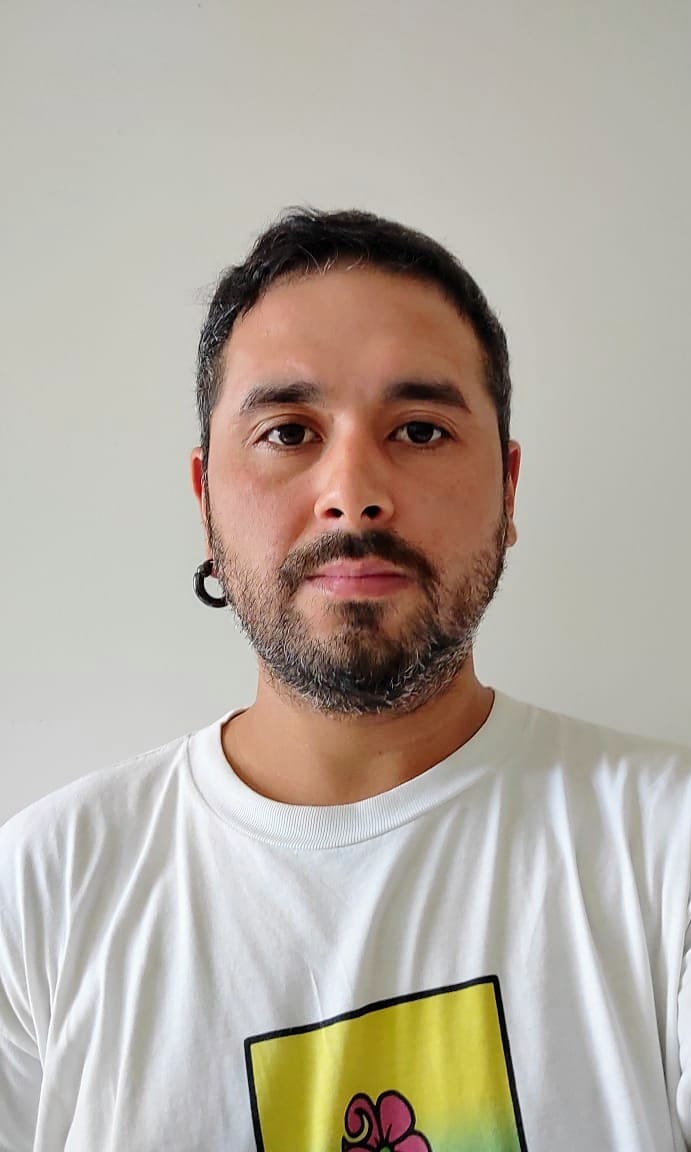
Roberto Cantillan
I am a doctoral student in Sociology at the Pontificia Universidad Católica de Chile and an assistant at the Millennium Nucleus for the Study of Labor Market Mismatch (LM2C2). My doctoral research uses a structural and network perspective to analyze mobility, diffusion, and segregation patterns in the Chilean labor market from an intragenerational viewpoint.
Valentina González
Valentina González is a Ph.D. candidate in Sociology at the Pontificia Universidad Católica de Chile. She holds a BA in Philosophy and Mcs in Social Sciences. She is a student researcher at the Millennium Institute for Care Research (MICARE). Her current research explores different dimensions of gender-based inequalities in caregiving over time from panel data.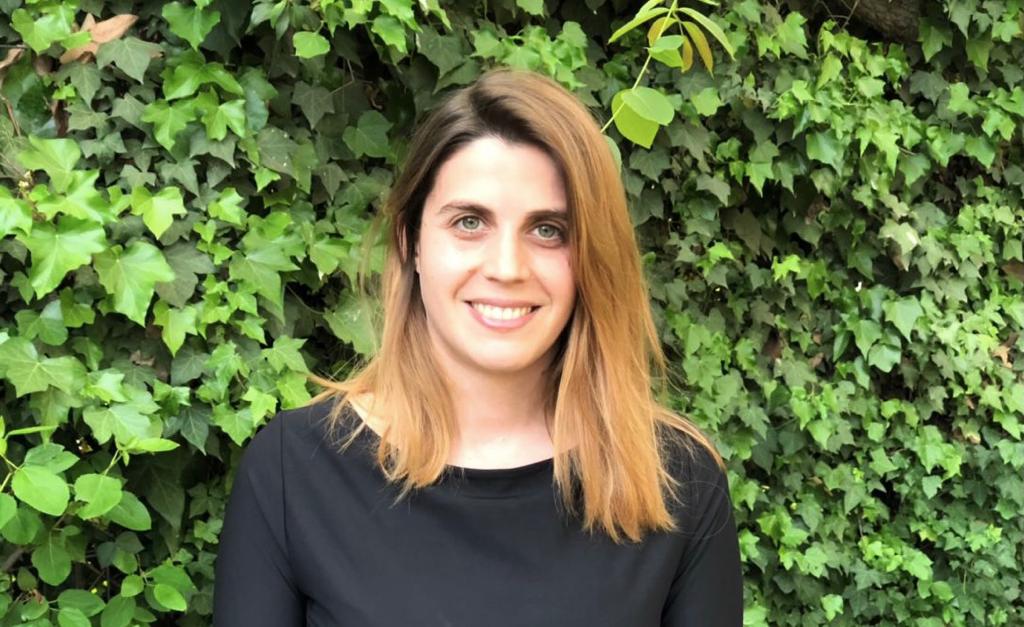
Javiera Rosell
Javiera works at the Center of Studies of Old Age and Aging Pontificia Universidad Católica de Chile, where she also serves as a professor in the School of Psychology. Additionaly, she is a postdoctoral fellow at the Millennium Institute of Care Research (MICARE). Her primary research interest is around the impact of technology on the well-being of older adults.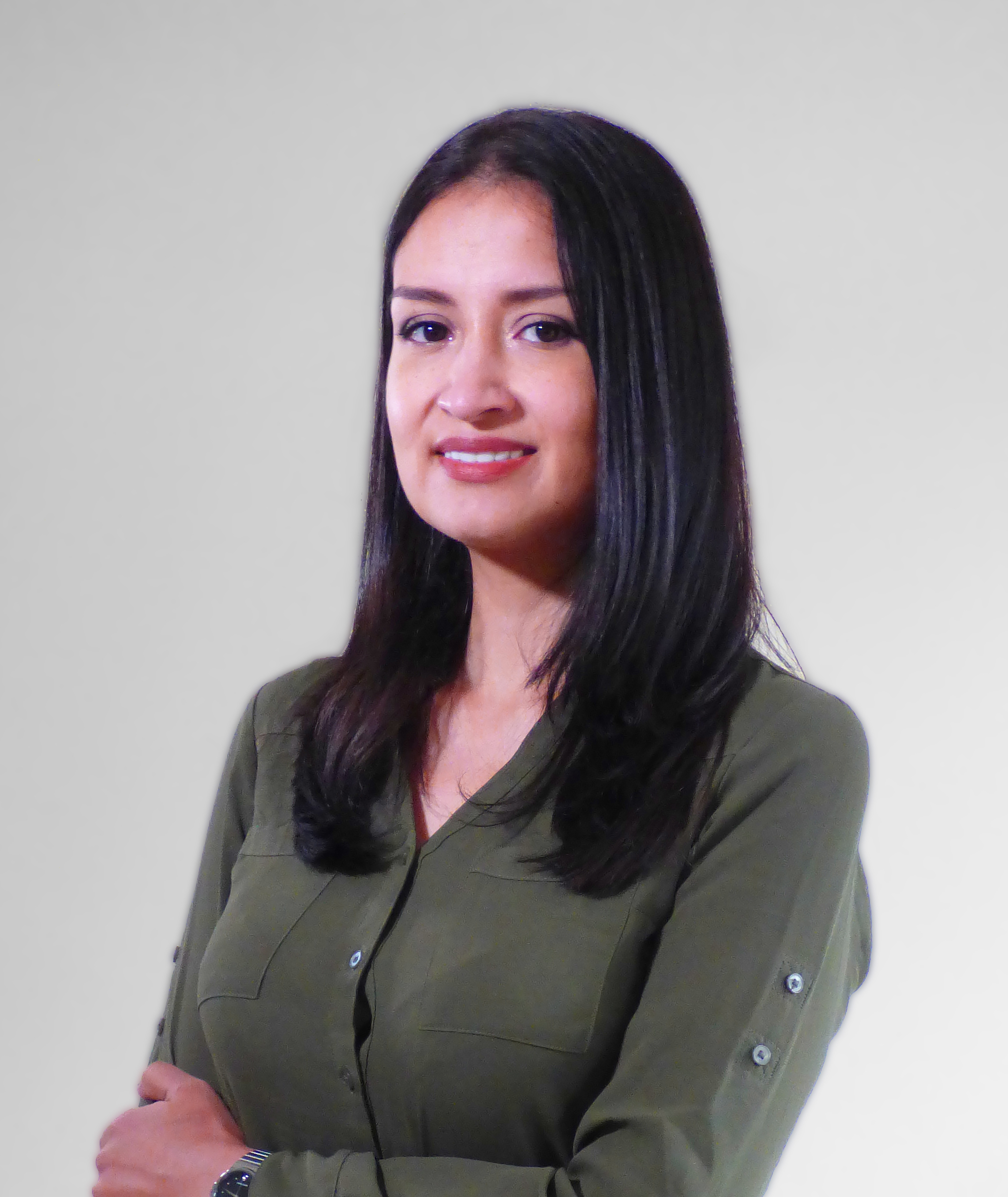
Patricia Chandía González
Patricia Chandía González is a sociologist and master's student in the Artificial Intelligence program at the Catholic University of Chile. She currently works as a Research Analyst at the CoE Research and Data Science Department of Caja de Compensación Los Andes, a non-profit organization. Here, Patricia leads data-driven initiatives and applies AI tools to improve the management and delivery of benefits to affiliates and their families.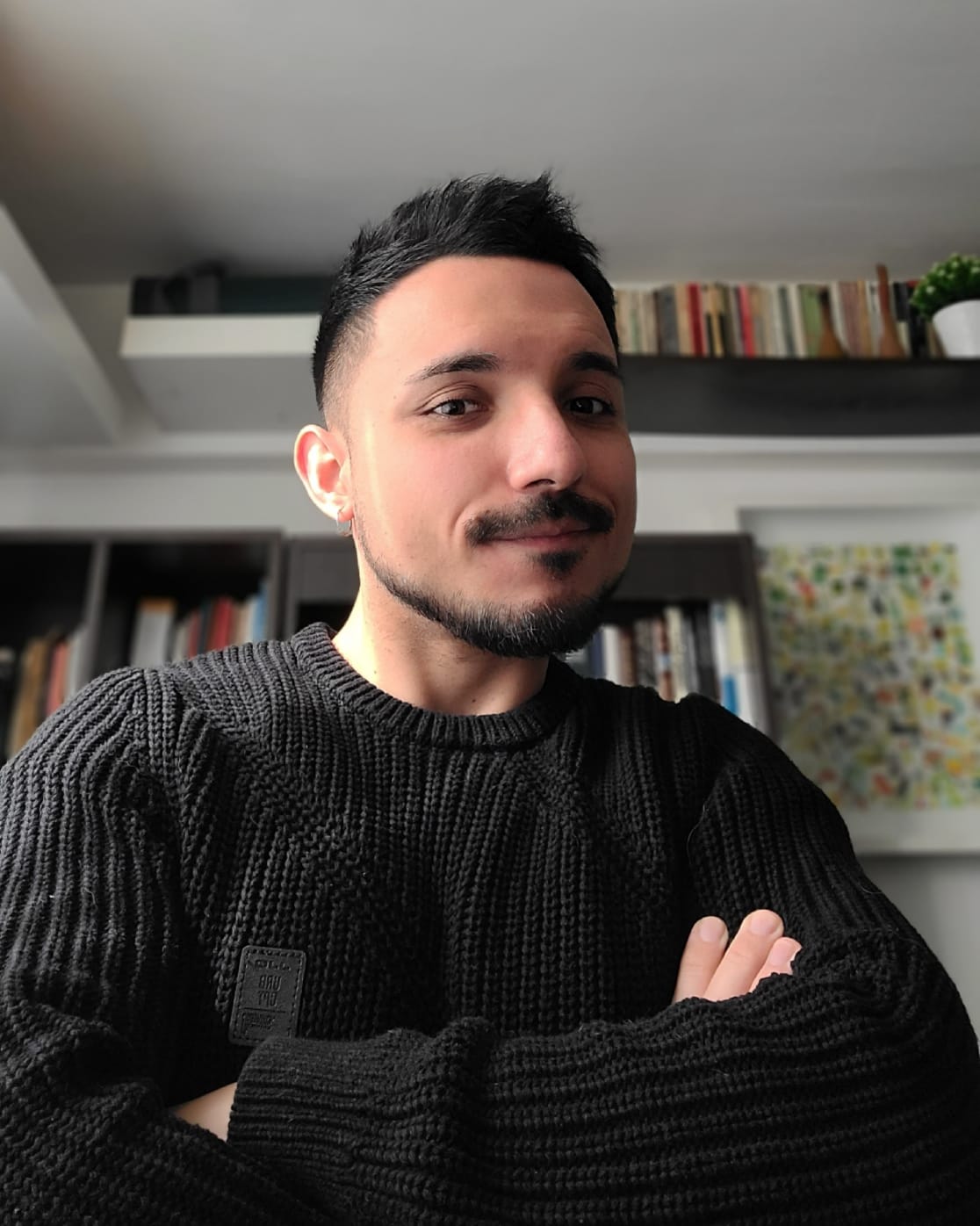
Jan Dimter
Jan Dimter is a sociologist from the University of Chile specialized in Computational Social Sciences. He is currently involved in research projects at the Millennium Institute for Foundational Research on Data (IMFD), the Center for the Study of Conflict and Social Cohesion (COES), and Fondecyt. His expertise lies in political sociology, social movements, network science, data mining, NLP, and urban analysis.